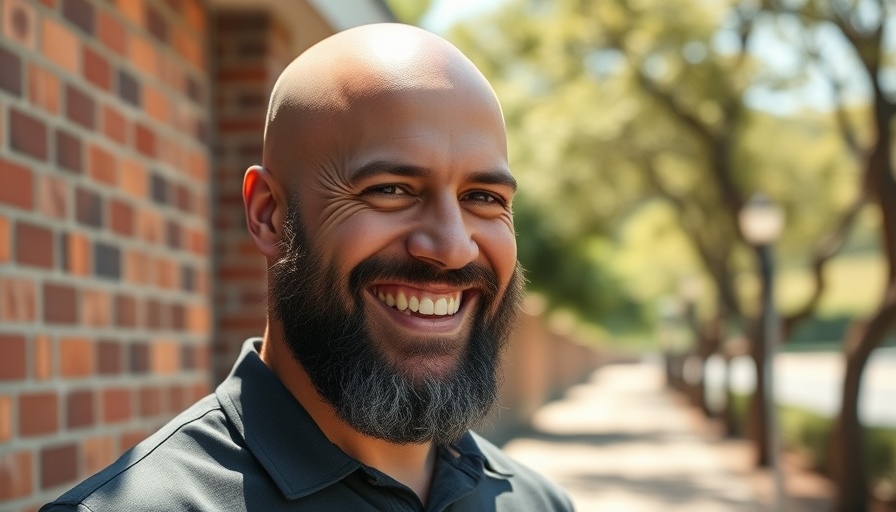
Verily's Strategic Shift: What It Means for the Future of Healthcare
Verily, the life sciences division of Alphabet, has made headlines recently with significant staff layoffs and a major scaling back of its devices program. In a candid memo to employees, CEO Stephen Gillett expressed that the company must focus on its critical priorities amidst ongoing challenges. This restructuring is part of a broader shift towards artificial intelligence and creating infrastructure designed to support other companies in the healthcare sector.
The Road to Refinement: Why Verily is Narrowing Its Focus
Founded as an ambitious project within Google’s X lab, Verily has undergone a dramatic transformation as it strives to become a self-sufficient entity. Gillett's memo revealed that a key component of this transformation is the decision to wind down the devices program, which previously explored the development of innovative medical technologies such as a clinical study watch and a retinal camera.
Gillett emphasized the dedication and hard work of the professionals involved in these projects. Many of them have contributed a decade or more to advancing healthcare technology, and their departure signals a significant pivot for the company. Verily’s emphasis will now be on AI solutions, a move that aligns with current entrepreneurship trends that prioritize efficiency and technological integration.
Human Impact: Understanding the Layoffs
Every layoff reflects stories of individuals and families affected by corporate decisions. Those impacted at Verily are not just numbers; they represent years of hard work and commitment to enhancing healthcare through technology. As the company transitions, employees have seen changes not only to their roles but also to benefits and salary structures—a shift towards aligning more closely with the healthcare industry.
While such changes are often deemed necessary in the business landscape, they raise questions about the ethical challenges companies face in balancing growth with employee welfare. It's essential to consider how technology companies can innovate while still valuing their workforce.
Market Implications: Where Does This Leave Healthcare Innovation?
The decision to cut back on device manufacturing can have ripple effects within the healthcare industry. With a growing reliance on AI, companies like Verily could potentially fill the gap left by their own product cuts by focusing on software or organizational data solutions that aid healthcare providers. This focus on digital health solutions correlates with global business updates as more companies pivot to technology-based solutions.
The decision to wound down manufacturing isn’t just about cost-cutting; it’s a reflection of a shift in the industry. As startups and established businesses alike focus on software over hardware in healthcare, the industry is heading toward an era defined by digital capabilities. Understanding these trends is crucial for small business tips and growth strategies.
The Future of Verily: What Lies Ahead
Looking ahead, Verily’s strategic refocus could provide vital insights into future trends in healthcare and technology. As the company aims for independence, it presents an interesting case study on how tech companies can adapt to market demands while striving for sustainability. The integration of AI into their business model might pave the way for innovative solutions in managing healthcare data and enhancing patient outcomes.
This evolution, while challenging, provides an opportunity for entrepreneurs and startups in the healthcare sector to shine. With the reduction of corporate giants in device manufacturing, smaller innovators have the chance to fill the void with new product ideas and services that prioritize patient care through cutting-edge technology.
Final Thoughts: Engaging with Change
As we witness Verily's shift, it’s essential to keep a close eye on how smaller companies and startups can respond to these changes. The evolving landscape of healthcare may offer opportunities for creative ideas that align with economic news today, as entrepreneurs leverage emerging technologies for innovative solutions. Keeping an ear to the ground for market trends in 2025 will be essential for anyone looking to thrive in the business landscape.
A deeper understanding of these dynamics can empower stakeholders in the healthcare ecosystem—from corporate executives to young entrepreneurs—to navigate the complexities of this changing environment effectively. Stay informed, stay engaged, and prepare to contribute to the ongoing evolution of healthcare technology.
 Add Row
Add Row  Add
Add 




Write A Comment